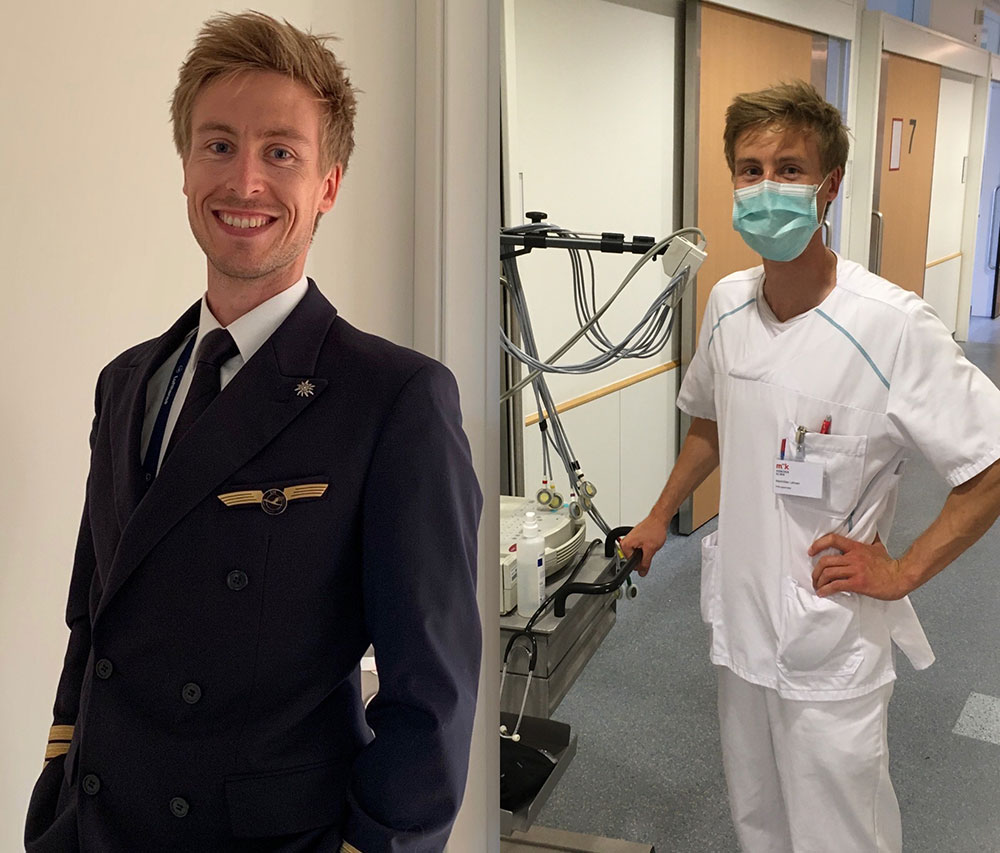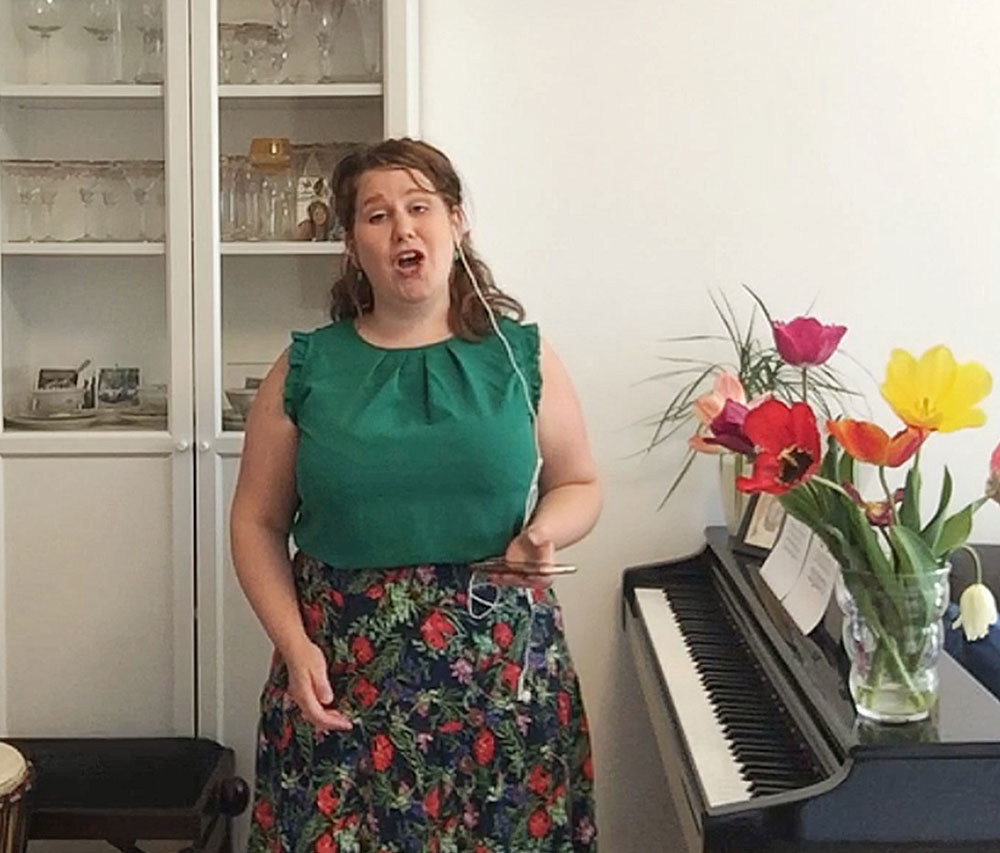
“Let us sing. Especially now!”
Matthias
Organises online choir sessions for all those wanting to sing along
Location: Germany, Regensburg
Nothing distracts better than music. So, why not make the most of the lockdown and sing a few songs? Cantemus-TV has been providing this opportunity to the people of Regensburg and beyond for the past few months. “As leader of the Cantemus choir Regensburg, I wanted to provide people of all ages with an opportunity to express themselves through music,” Matthias explains. “That’s why we created our online ‘Cantemus-TV’: to invite children, young people and families to sing along. We believe that singing can fight boredom and alleviate worries, all while creating a warm atmosphere and instilling confidence.” Cantemus-TV invites viewers to actively participate in sessions from choir members, as well as to submit their own artistic contributions. According to Matthias, it is a whole new way of experiencing community and solidarity.

















